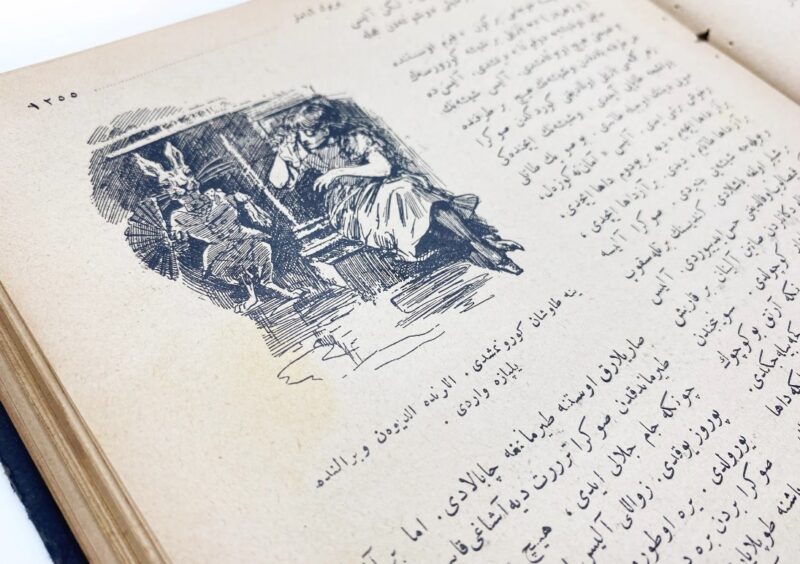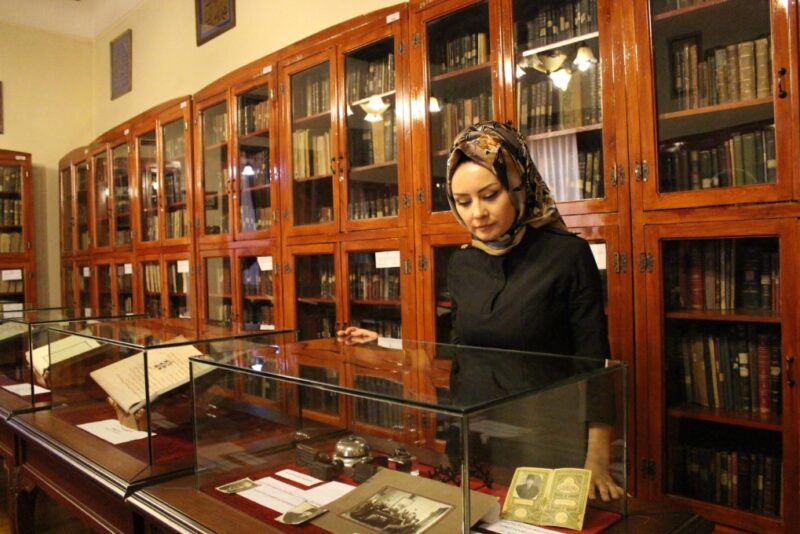Turkish literature boasts a rich tapestry woven from centuries of storytelling, shaped by the complexities of the nation’s historical and social landscapes. As you embark on your journey into this captivating world, you’ll uncover a vibrant array of voices and genres that reflect both modernity and the enduring influence of the Ottoman past.
This exploration will not only reveal the artistic mastery of influential writers but also highlight how themes of identity, politics, and culture intertwine within their narratives. With the specter of censorship and political turbulence often looming, these authors skillfully navigate their craft, providing profound insights into the human experience.
Join us as we delve into a curated selection of must-read novels that illuminate the heart and soul of Turkey—an adventure that promises to resonate with both national and global readers alike.
Key Takeaways
- Uncover the rich storytelling tradition that defines Turkish literature.
- Explore must-read novels that highlight the complexities of Turkish society.
- Discover influential writers who have shaped the literary landscape of Turkey.
- Learn how the balance between modernity and history manifests in contemporary works.
- Understand the impact of political and social challenges on Turkish authors.
- Gain insights into the intricate themes explored in Turkish fiction.
Overview of Turkish Literature and Its Significance

Turkish literature has a rich tapestry woven from various cultures, languages, and histories. This literary tradition has evolved significantly, offering insight into the social and political fabric of the nation. The duality of Turkey’s modern identity and its Ottoman roots often emerges in the works of numerous Turkish authors. They explore themes that highlight both personal struggles and broader societal issues, offering a lens into the country’s complex realities.
Understanding the significance of Turkish literary history allows for a deeper appreciation of the narrative styles and thematic concerns present in Turkish novels. Influential Turkish writers have made substantial contributions, addressing topics ranging from cultural heritage to contemporary existential dilemmas. Works by these authors frequently showcase a blend of tradition and innovation, effectively bridging the past and present.
Key Works and Influential Writers in Turkish Literature
Among the best Turkish novels are those that encapsulate the emotional depth and intricate storytelling characteristic of the genre. Authors like Orhan Pamuk and Elif Shafak stand out as prominent figures in this literary landscape. Their works resonate not only within Turkey but also attract international readership, fostering a broader understanding of Turkish fiction.
- Orhan Pamuk – His novel “My Name Is Red” illustrates the tension between tradition and modernity in Turkish society.
- Elif Shafak – “The Forty Rules of Love” delves into love across cultures and time, showcasing the diverse experience of Turkish identity.
- Ahmet Hamdi Tanpınar – “A Mind at Peace” offers a modernist reflection on the dichotomy of East and West.
The stories crafted by these influential Turkish writers reflect both individual and collective experiences, serving as critical commentaries on the ever-changing landscape of Turkey. Each work brings forth the rich emotional and cultural narratives that define Turkish literature, making them essential reading for anyone interested in exploring this vibrant literary tradition.
| Author | Notable Work | Themes Explored |
| Orhan Pamuk | My Name Is Red | Tradition vs. Modernity |
| Elif Shafak | The Forty Rules of Love | Cultural Diversity, Love |
| Ahmet Hamdi Tanpınar | A Mind at Peace | East vs. West, Identity |
Exploring Turkish Literature – Must-Read Novels and Influential Writers

Turkish literature offers a rich tapestry of narratives that reflect the complexities of culture, history, and identity. Within this realm, you will find timeless classics that have laid the foundation of Turkish literary history, along with contemporary works that resonate with modern themes. This exploration presents beloved novels that capture the essence of both past and present in Turkish storytelling.
Timeless Classics From Turkey
Turkish literary classics stand as beacons of cultural identity and societal reflection. Celebrated works like “Memed, My Hawk” by Yaşar Kemal and “Madonna in a Fur Coat” by Sabahattin Ali provide profound insights into the nuances of Turkish life.
These literary masterpieces address themes of class struggles, love, and human perseverance. By immersing yourself in these narratives, you appreciate the cultural elements in Turkish novels that have shaped literary discourse.
Contemporary Works That Reflect Modern Turkish Society
Modern Turkish novels reveal the intricacies of contemporary Turkish society through the lens of influential Turkish authors. Works by Burhan Sönmez and Ayşe Kulin tackle pressing social and political issues, providing an urgent critique of current realities.
You can explore how authors like Elif Shafak and Orhan Pamuk artfully depict urban settings and generational tensions in their narratives. This exploration of contemporary Turkish literature offers an opportunity to engage with the evolving identity of Turkey in the face of globalization.
Understanding Themes in Turkish Fiction
Thematic exploration forms the backbone of Turkish literature. Key themes like identity, cultural conflict, and the repercussions of modernization resonate throughout the works of both historical and contemporary writers.
To take a better look into Turkish literature and its rich narratives, visit here. This resource provides further insights into Turkish authors and their works, offering a broader perspective on the literary traditions that shape Turkey’s cultural landscape.
| Author | Notable Work | Theme | Era |
| Yaşar Kemal | Memed, My Hawk | Class Struggles | Twentieth Century |
| Sabahattin Ali | Madonna in a Fur Coat | Romantic Dilemmas | Twentieth Century |
| Orhan Pamuk | The Museum of Innocence | Generational Tensions | Contemporary |
| Elif Shafak | The Bastard of Istanbul | Cultural Identity | Contemporary |
FAQ

What makes Turkish literature unique compared to other literary traditions?
Turkish literature is unique due to its rich storytelling tradition shaped by a complex social and historical landscape. It balances modern themes with remnants of the Ottoman past, allowing diverse voices and genres to flourish. This dynamic reflects Turkey’s evolving identity, addressing contemporary social issues as well as cultural heritage.
Who are some of the influential writers in Turkish literature?
Influential writers in Turkish literature include Orhan Pamuk, known for tackling societal contradictions, and Elif Shafak, who offers intricate female perspectives on contemporary life. Other significant authors include Yaşar Kemal and Sabahattin Ali, whose timeless classics have greatly contributed to Turkish literary history.
Can you recommend some must-read novels in Turkish literature?
Yes! Some must-read novels include “My Name Is Red” by Orhan Pamuk, “The Forty Rules of Love” by Elif Shafak, “Memed, My Hawk” by Yaşar Kemal, and “Madonna in a Fur Coat” by Sabahattin Ali. Each of these works encapsulates unique elements of Turkish culture and societal challenges.









